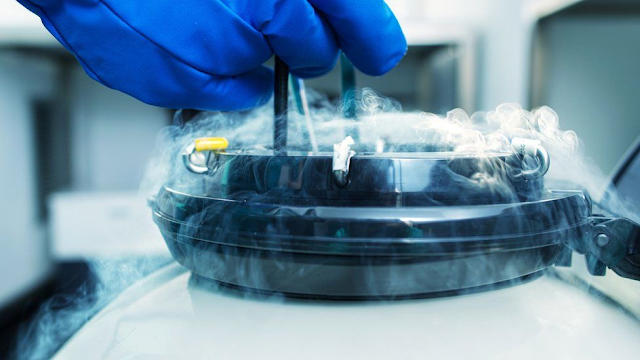Analysing the IVF success rates on different parameters!
Over the years, Infertility appears to be an issue that affects up to 15% of couples seeking to start a family. On the other side, various infertility problems may be addressed with in-vitro fertilization, depending on your specific scenario.
The good news is that IVF is often successful, particularly for women under 35 or who use donor eggs. Goral Gandhi, one of the best IVF experts around, throws further light on the same debate.
IVF Success
Rates by Age
Goral Gandhi further adds that IVF success depends to a great extent on the age of the person undergoing the treatment. Here, she lists down a detailed analysis in the same respect.
Live Births per Egg Extraction:
· The rate of live births per egg retrieval for women under 35 is 54.5 percent.· The rate of live births per egg retrieval for women aged 35 to 37 is 41.1 percent.
· The probability of live births per egg retrieval for women aged 38 to 40 is 26.7 percent.
· The probability of live births per egg retrieval for women aged 41 to 42 is 13.8 percent.
· The percentage of live births per egg retrieval for women aged 43 and up is 4.2 percent.
Frozen vs. Fresh Embryos
Goral Gandhi Mumbai further adds that the proportion of live births each cycle when using donor eggs is:2. With fresh embryos, it is 55.3 percent and 46.5 percent when frozen embryos are used.
Multiple
Cycles vs. One Cycle
The data presented above is for single egg retrieval. Multiple IVF rounds enhance the chances of success. Goral Gandhi IVF states that rather than taking a single chance, prepare to go through numerous IVF cycles to get the desired outcome.
According to research released in 2015, the live birth rate for the first IVF cycle was 29.5 percent. Success rates maintained above 20% through the fourth try. 65.3 percent of women had a live birth by the sixth cycle. Although prior suggestions indicated completing three or four cycles, it appears that the likelihood of success increases as the number of cycles increases.
Multiple IVF rounds, however, are challenging due to the high expense of IVF and the psychological suffering that couples undergo. Only a small percentage of couples are capable or willing to go through more than two or three cycles. If IVF isn't working, thinking about adoption or other parenting options might be a good next step.
IVF
Success Rates and Other Factors
IVF success is determined by a variety of factors, some of which you have little influence over and others that may be enhanced by making healthy lifestyle changes.
Many personal variables influence your chances of success with IVF. National statistics can give you an indication, but your doctor should be able to forecast your odds more accurately. When determining your probabilities, the following elements are taken into account:
· - Height and weight measurements
· - Number of full-term births in the past
· - Number of pregnancies in total (including pregnancy losses)
· - Whether you want to use your own eggs or eggs from donors,
IVF Clinic
Success Rates
Goral Gandhi IVF suggests that Individual clinic success rates are essential, but they should be viewed with caution. Couples with a reduced likelihood of success may be turned away by a facility with high success rates. Alternatively, they might be transferring a greater number of embryos every treatment cycle, which is potentially dangerous.
A small client base can sometimes produce misleadingly high success rates. Rather than comparing pregnancy rates, compare live birth rates. Because some pregnancies result in miscarriage or stillbirth, pregnancy success is always greater than live birth rate.




Comments
Post a Comment